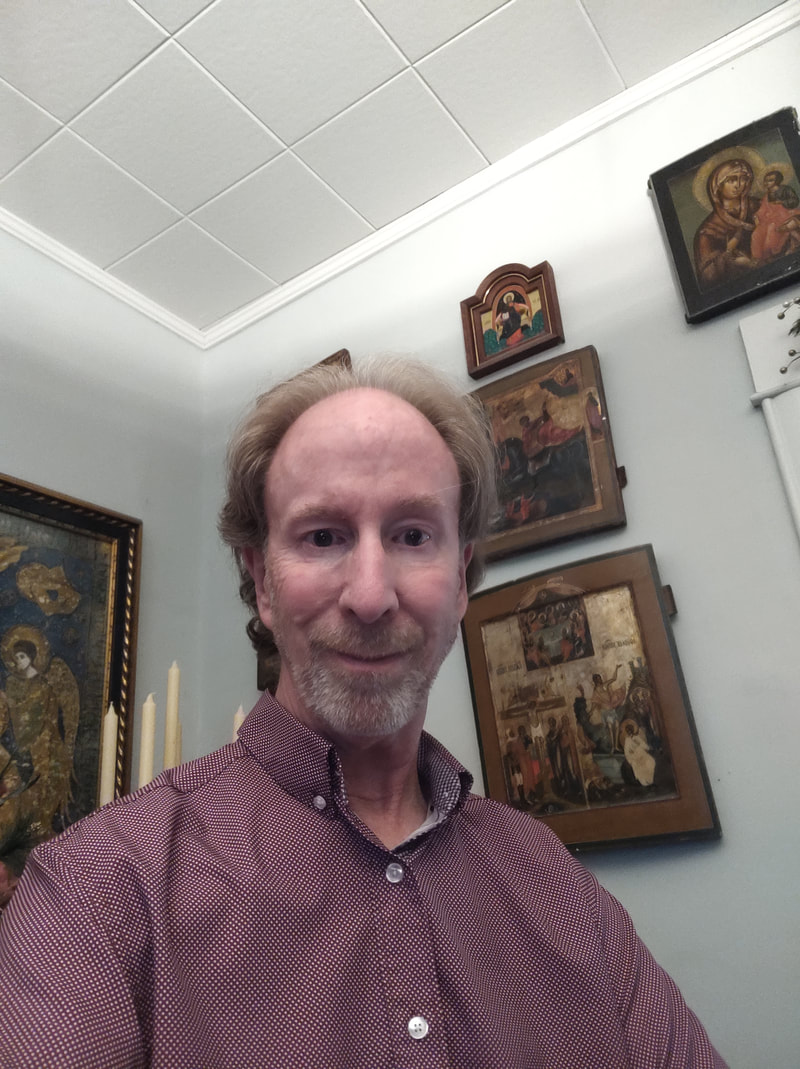|
Scripture Thought
November 25th, 2018 John 18:33–37 CEB 33 Pilate went back into the palace. He summoned Jesus and asked, “Are you the king of the Jews?” 34 Jesus answered, “Do you say this on your own or have others spoken to you about me?” 35 Pilate responded, “I’m not a Jew, am I? Your nation and its chief priests handed you over to me. What have you done?” 36 Jesus replied, “My kingdom doesn’t originate from this world. If it did, my guards would fight so that I wouldn’t have been arrested by the Jewish leaders. My kingdom isn’t from here.” 37 “So you are a king?” Pilate said. Jesus answered, “You say that I am a king. I was born and came into the world for this reason: to testify to the truth. Whoever accepts the truth listens to my voice.” 38 “What is truth?” Pilate asked Pilate’s question reveals doubt. He asked, “Are You the King of the Jews?” He asked it because Jesus didn’t look like a revolutionary or a criminal, the only types who would be foolish enough to claim to be the King of the Jews in the face of Rome. Jesus responded by asking are you speaking for yourself? Jesus must clarify the question, because the Roman conception of king. To the Romans, “king” meant a political rival. Though Jesus was a King, He was not a political rival in the sense Pilate thought. Jesus goes on to explain to Pilate that My kingdom is not of this world. Jesus here declares the great and permanent difference between God’s kingdom and the kingdoms of this world. Jesus’ kingdom originates in heaven (My kingdom is not of this world). The foundation of Jesus’ kingdom is peace (His servants will not fight). His kingdom is not from here: Augustine observed from this verse that earthly kingdoms are based upon force, pride, the love of human praise, the desire for domination, and self interest—all displayed by Pilate and the Roman Empire. Jesus Kingdom wasn't. It was based on not on self interest, but upon the Father's desire which is righteousness, peace and joy in the Holy Spirit. A kingdom where the Holy Spirit operates on the inner man. Where our soul and spirit join together, linking with the God who is all in all. His focus wasn't on power and politics, but praise, peace and power in the Spirit. Desiring for us to walk in the anointing, grace and favor of God. Next Jesus challenges him by proclaiming he came here to testify to the truth, and if we accept the truth we obey His voice. Pilate then asks, " What is truth? " “It was the question of the practical politician, who attached no importance to the speculations of philosophers or the dreams of enthusiasts. If the truth was all that Jesus was concerned about, there was no need (Pilate thought) to take him seriously.” (McClymont) For Pilate, soldiers and armies were truth, Rome was truth, Caesar was truth, political power was truth, but Jesus knew what truth was, while Pilate was still seeking. Jesus doesn't go on in this passage and explain truth to him. He basically leaves the subject hanging out their just to be thought upon by Pilate. However, through his life and teachings we know he demonstrated that he was the truth. Jesus said “ I am the way, the truth, and the life. No one comes to the Father except through me. " He was the truth ( John 14:6 ), and promised that those who expressed faith in him would be set free from sin, doubt and fear. Truth is a predominant subject of our Lord's in John's gospel. He even declared that the Spirit of truth would come and testify of him in John 15:26. Truth is an important commodity in God's kingdom. Let us not forsake its liberating force by avoiding its revelatory nature, but find its power in its clarity. Walking in the light of the Lord's grace and abiding faithfully in his kingdom of light.
0 Comments
Your comment will be posted after it is approved.
Leave a Reply. |
Reverend Patrick Vossen,
|

